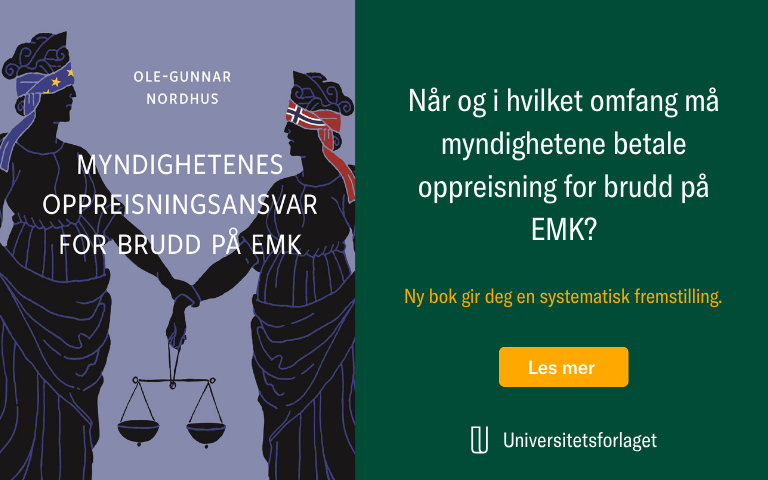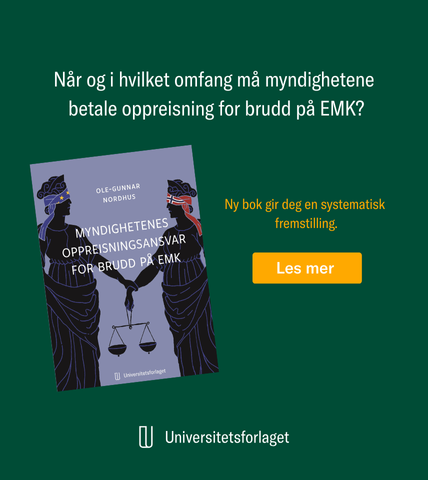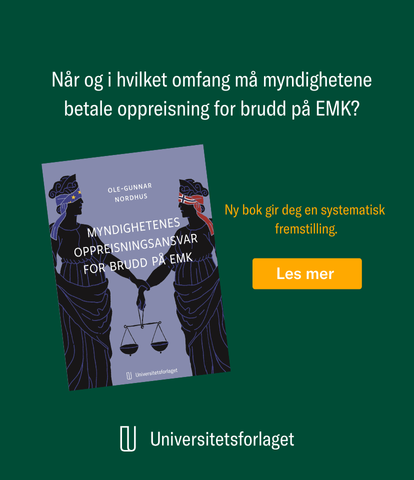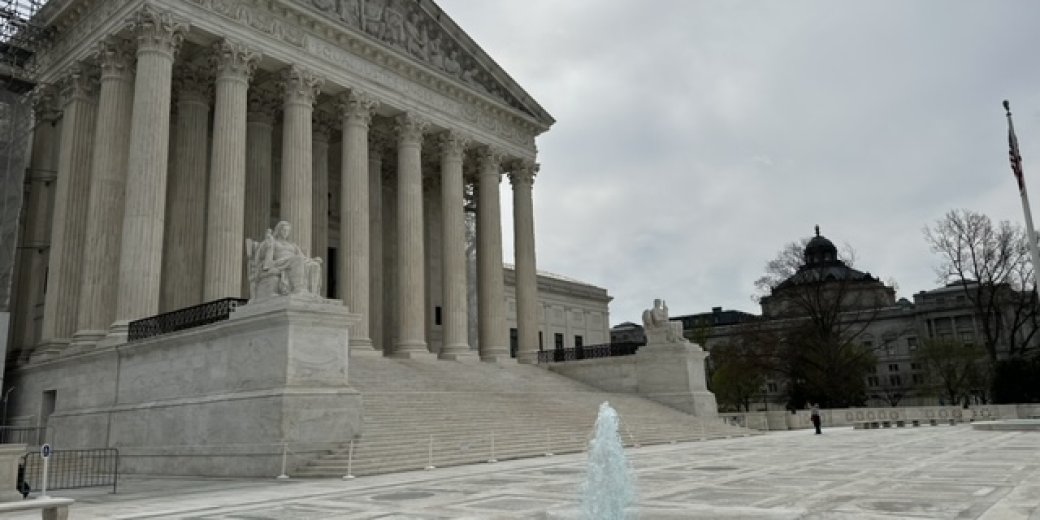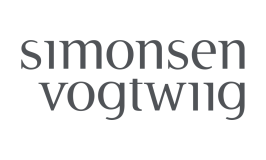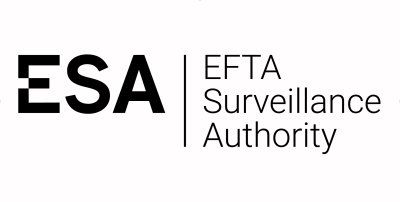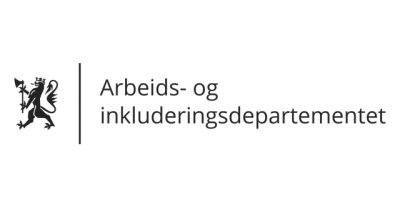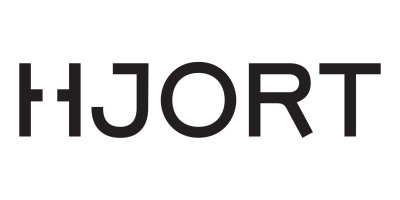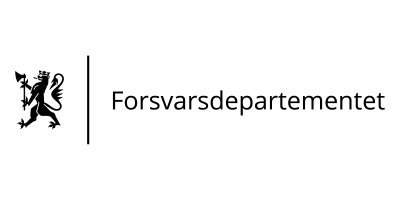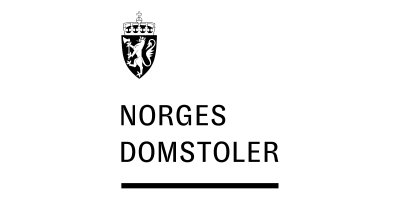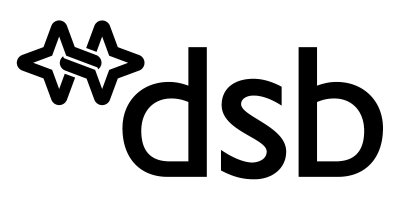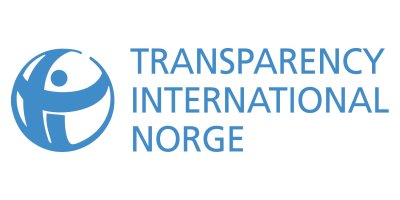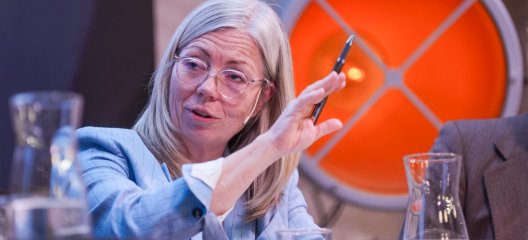De seks dommerne som ga Trump medhold i høyesterett mandag, tilhører alle den klassiske konservative fløyen, mens de tre som dissenterte tilhørte den liberale siden. Flertallets konklusjonen er at Trump er immun mot straffeforfølgning av «official conduct». Dette i kontrast til «unofficial conduct», som kan straffeforfølges.
Retten konkluderer bare med at grensen mellom de to kategoriene ikke er drøftet av underretten, og sender saken tilbake. Dermed er det i praksis vanskelig å se for seg at dette spørsmålet skal få noen avklaring på denne siden av presidentvalget i november.
Flertallet
Flertallet viser til en sak der president Nixon i sin tid ble saksøkt av en offiser som var blitt oppsagt i kjølvannet av uttalelser han ga under en Vietnam-høring i kongressen. Høyesterett kom den gangen til at presidenten hadde absolutt immunitet mot sivile ansvarssaker fundert i presidentens «official acts». Den viser også til at retten tidligere har bestemt at presidentens interne kommunikasjon skal være unntatt innsynsrett. Derfra skriver flertallet:
«Criminally prosecuting a President for official conduct undoubtedly poses a far greater threat of intrusion on the authority and functions of the Executive Branch than simply seeking evidence in his possession. The danger is greater than what led the Court to recognize absolute Presidential immunity from civil damages liability—that the President would be chilled from taking the “bold and unhesitating action” required of an independent Executive. Fitzgerald, 457 U. S., at 745. Although the President might be exposed to fewer criminal prosecutions than civil damages suits, the threat of trial, judgment, and imprisonment is a far greater deterrent and plainly more likely to distort Presidential decisionmaking than the potential payment of civil damages. The hesitation to execute the duties of his office fearlessly and fairly that might result when a President is making decisions under “a pall of potential prosecution,” McDonnell v. United States, 579 U. S. 550, 575, raises “unique risks to the effective functioning of government,” Fitzgerald, 457 U. S., at 751.»
Grensedragningen
Men hvor går så grensen mellom «official» og «unofficial» handlinger? Har skriver flertallet at domstolene skal være tilbakeholdne med å blande seg, og at presidentens plikter er så vidtfavnende at de «extends to the “outer perimeter” of the President’s official responsibilities, covering actions so long as they are “not manifestly or palpably beyond [his] authority».
Flertallet overlater i hovedsak den nærmere vurderingen av dette til underretten, men skriver for eksempel at alle presidentens tweets fra 6. januar-opprøret «are likely to fall comfortably within the outer perimeter of his official responsibilities».
Mindretallet svarer blant annet:
«The President of the United States is the most powerful person in the country, and possibly the world. When he uses his official powers in any way, under the majority’s reasoning, he now will be insulated from criminal prosecution. Orders the Navy’s Seal Team 6 to assassinate a political rival? Immune. Organizes a military coup to hold onto power? Immune. Takes a bribe in exchange for a pardon? Immune. Immune, immune, immune. Let the President violate the law, let him exploit the trappings of his office for personal gain, let him use his official power for evil ends. Because if he knew that he may one day face liability for breaking the law, he might not be as bold and fearless as we would like him to be. That is the majority’s message today. Even if these nightmare scenarios never play out, and I pray they never do, the damage has been done. The relationship between the President and the people he serves has shifted irrevocably. In every use of official power, the President is now a king above the law.
(...)
With fear for our democracy, I dissent.»
Den særdeles omfangsrike avgjørelsen finner du her.


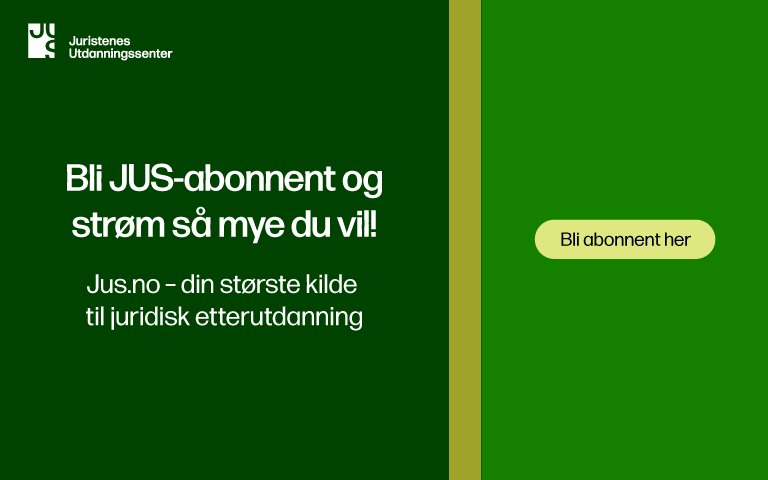
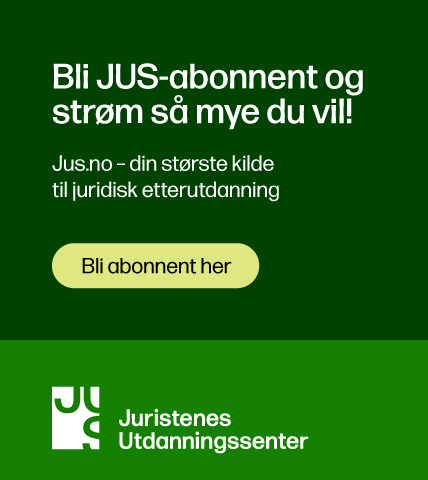
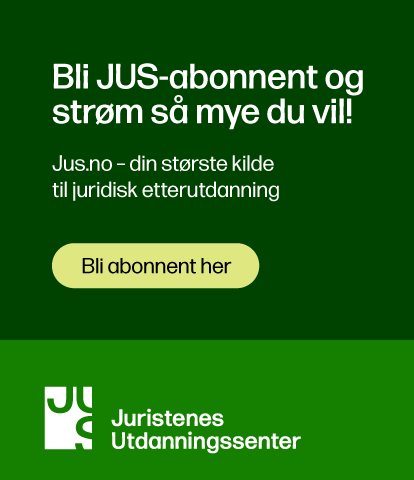

.png)

